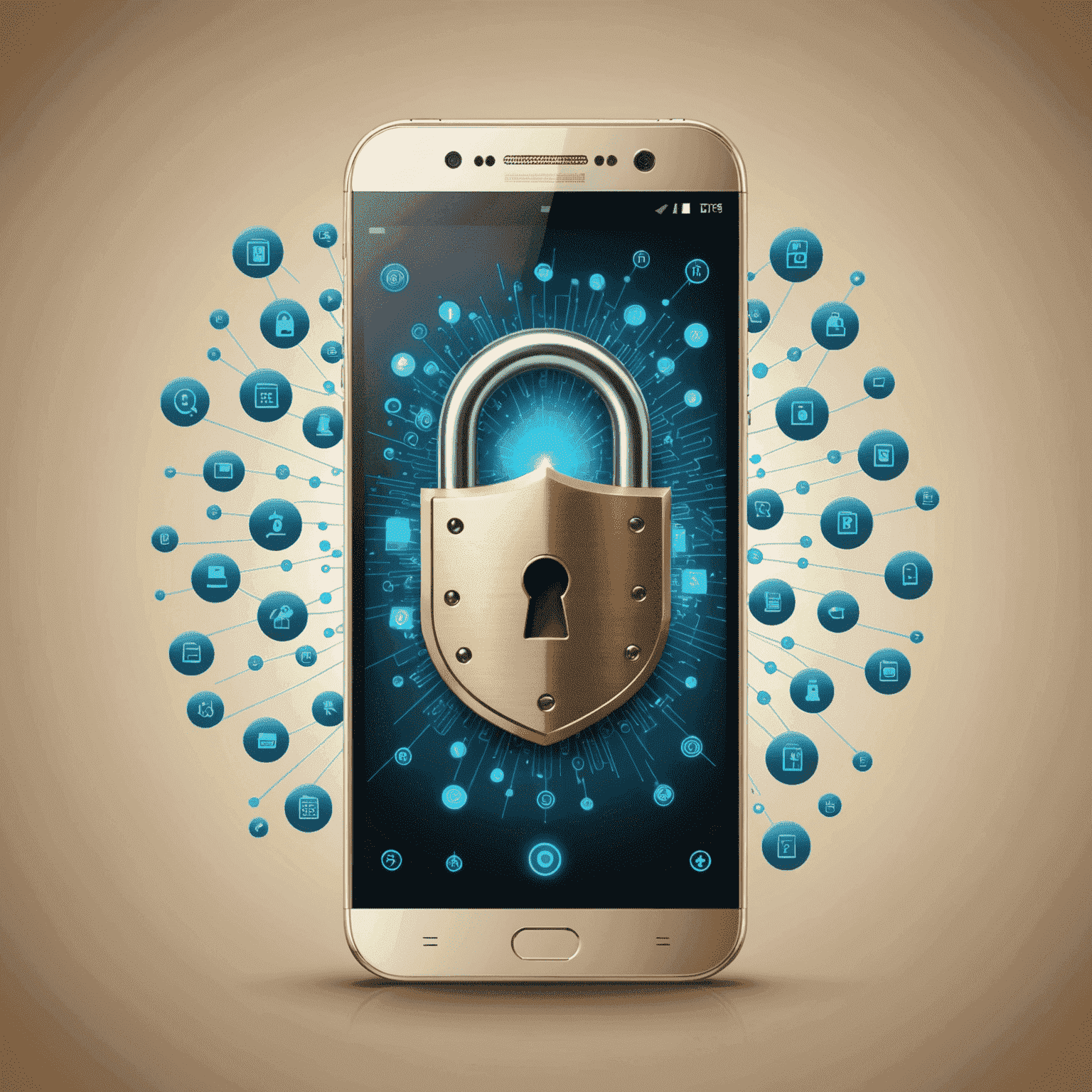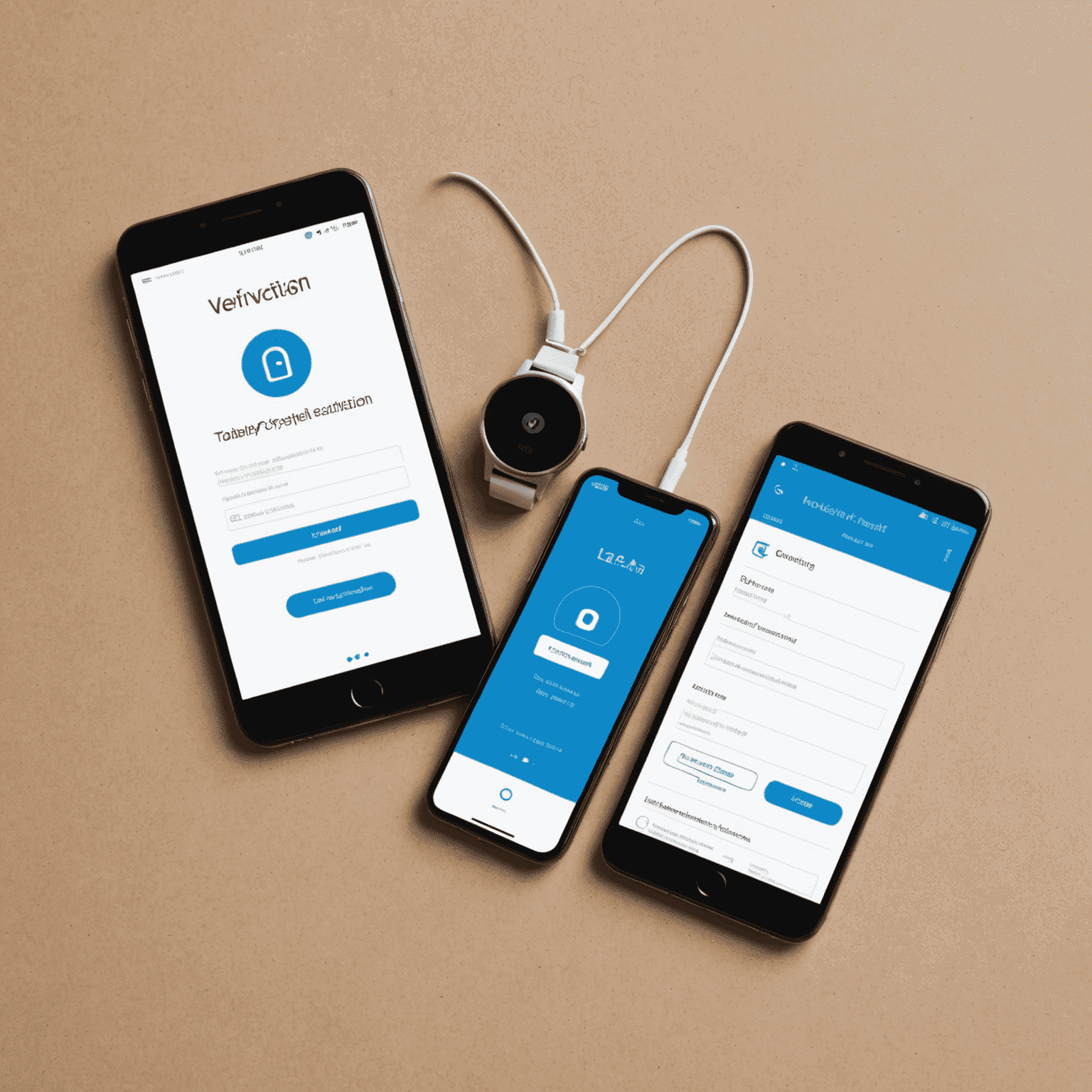Smartphone Security Tips

In today's interconnected world, where our smartphones are essential for mobile communication and accessing 5G UAE plans, ensuring the security of these devices is paramount. Here are some crucial tips to protect your mobile device from cyber threats and data breaches:
1. Keep Your Operating System Updated
Regularly update your phone's operating system to benefit from the latest security patches and features. These updates often address vulnerabilities that could be exploited by hackers.
2. Use Strong, Unique Passwords
Implement strong, unique passwords for all your accounts, especially those accessed via your smartphone. Consider using a password manager to help generate and store complex passwords securely.
3. Enable Two-Factor Authentication (2FA)
Activate 2FA wherever possible, adding an extra layer of security to your accounts. This is especially important for email, banking, and social media applications.

4. Be Cautious with Public Wi-Fi
Avoid accessing sensitive information when connected to public Wi-Fi networks. If necessary, use a VPN to encrypt your data transmission, especially when utilizing 5G UAE plans in public spaces.
5. Install Reputable Security Apps
Consider installing trusted antivirus and anti-malware apps on your smartphone. These can help detect and prevent potential security threats.
6. Be Wary of Phishing Attempts
Exercise caution when opening emails, messages, or links from unknown sources. Phishing attempts often try to trick you into revealing sensitive information.
7. Regularly Back Up Your Data
Perform regular backups of your smartphone data. This ensures that even if your device is compromised, you won't lose important information.

8. Use Biometric Authentication
Utilize biometric features like fingerprint or face recognition for an additional layer of security, making it harder for unauthorized users to access your device.
9. Manage App Permissions
Regularly review and manage the permissions granted to your apps. Restrict access to sensitive data like location, camera, or microphone when it's not necessary for the app's core functionality.
10. Enable Remote Tracking and Wiping
Set up features that allow you to track, lock, or wipe your device remotely in case it's lost or stolen. This can prevent unauthorized access to your personal data.
By implementing these security measures, you can significantly enhance the protection of your smartphone and the sensitive data it contains. Remember, in the world of mobile communication and advanced phone solutions like 5G, staying vigilant about security is crucial for safeguarding your digital life.